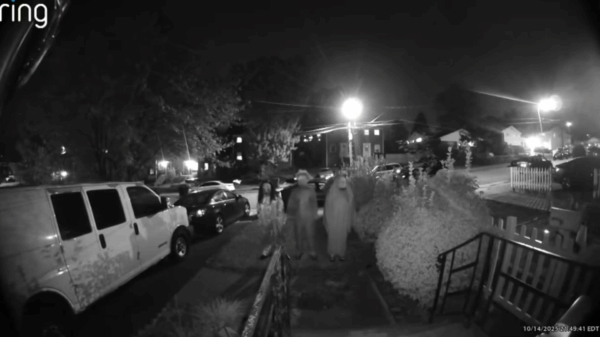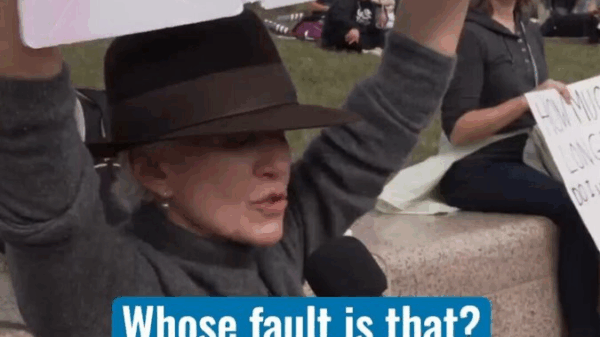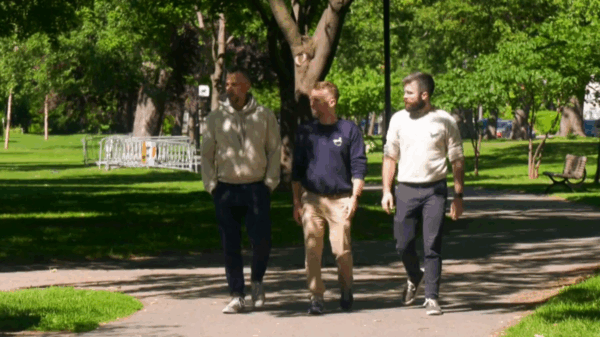On October 17, 2025, President Donald Trump announced via social media that he had commuted the prison sentence of former U.S. Representative George Santos, leading to his immediate release from federal custody.
Santos had been serving an 87-month (just over seven years) sentence for wire fraud, aggravated identity theft, and related financial crimes after pleading guilty in April 2025. The former congressman entered prison on July 25, 2025 at the Federal Correctional Institution in Fairton, New Jersey.
In announcing the clemency, Trump characterized Santos as a “rogue” but argued that many others with similar behavior have not received such severe treatment. He also claimed Santos had been “horribly mistreated” during his time in prison, including extended periods in solitary confinement.

Under the terms of the commutation, Santos’ remaining prison term is nullified, and reports indicate that other penalties associated with his conviction — including restitution, forfeiture, probation, and supervised release — have been waived. However, the underlying convictions remain on his record—a commutation does not erase the fact of conviction.
Reactions to the decision have been sharply divided. Some Republican figures—including Rep. Marjorie Taylor Greene—praised the commutation. Others, including Republicans from New York, criticized it as undermining accountability. Democratic leaders denounced the move, citing concerns about favoritism and undermining the rule of law.
Santos, expelled from Congress in December 2023 after widespread revelations of fabrications in his biography and ethics concerns, remains a controversial political figure. Before his conviction, he had admitted to deceiving donors, falsifying campaign contributors, and misrepresenting his background.
Trump’s clemency decision is part of a broader pattern during his second term of granting pardons and commutations to high-profile individuals, including controversial political figures from both parties.
![]()


























